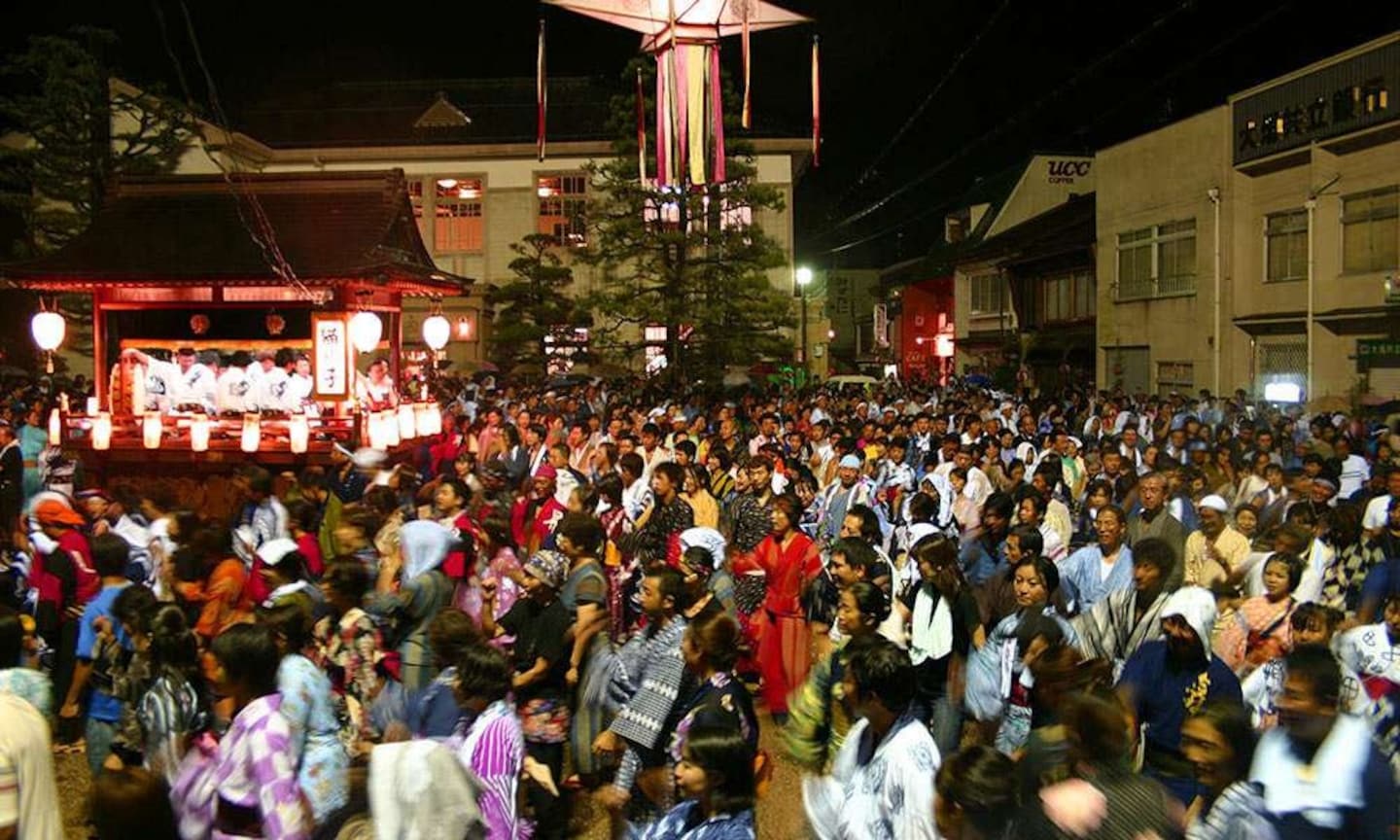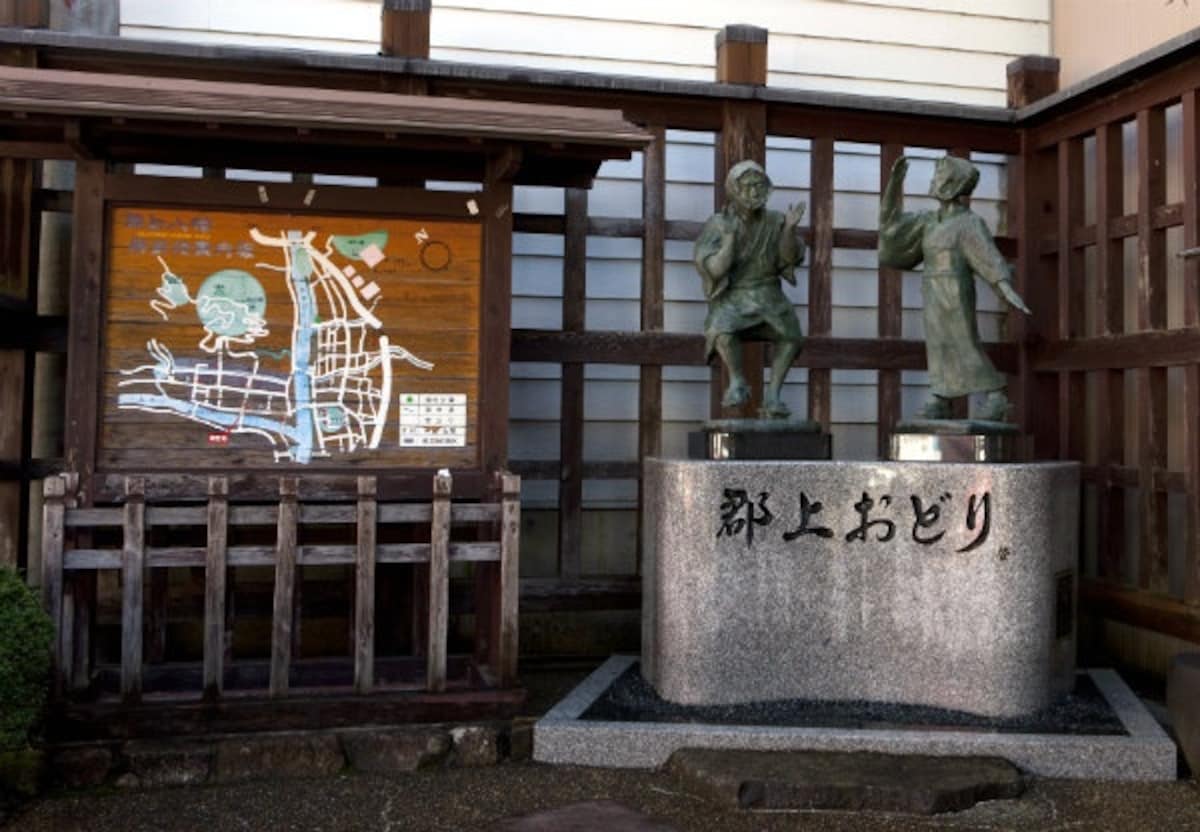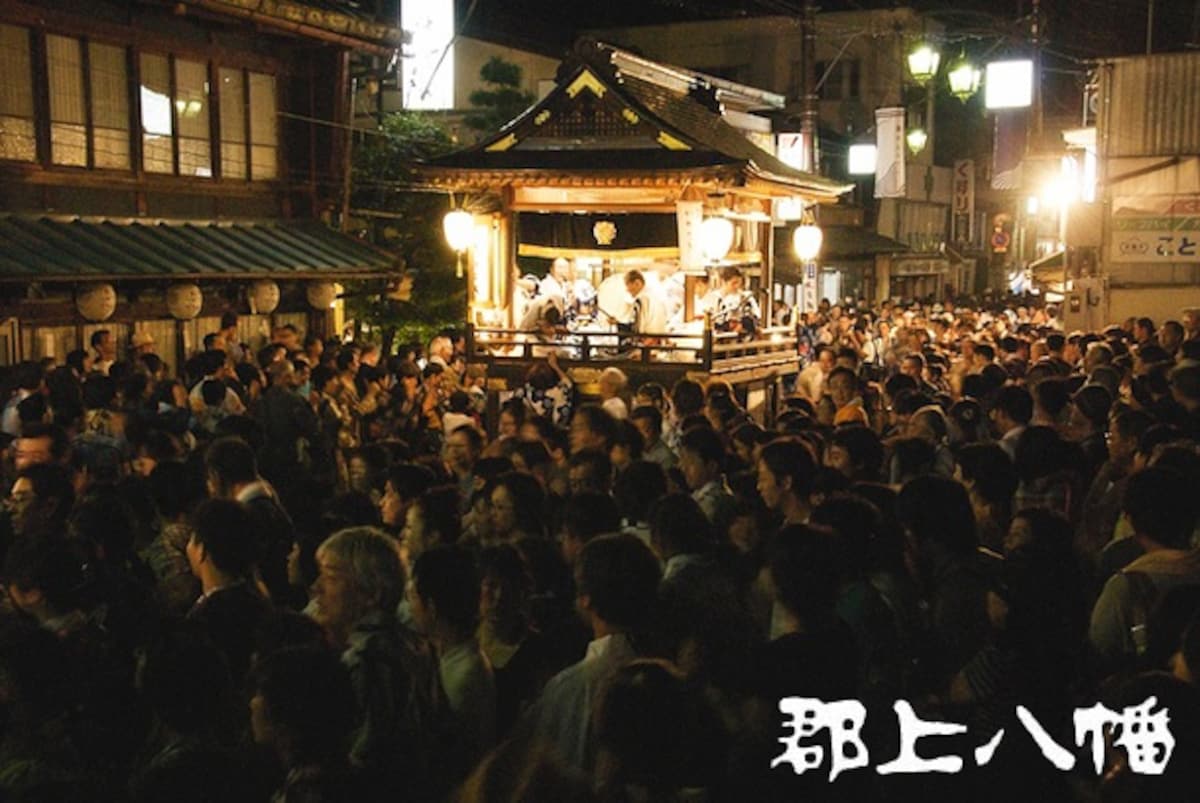Dance All Night at Gifu's Gujo Odori
Gujo Odori (郡上おどり) is one of Japan’s largest and most famous traditional folk dance festivals. Held every summer in the picturesque riverside town of Gujo Hachiman in Gifu Prefecture, the dance is one of the three most famous Bon dances in Japan, and easily its most accessible.
By John AsanoHistory of Gujo Odori
It all started back around 1590 when the local feudal lord, Endo Yoshitaka, decided to bring all the people of his land together to dance, regardless of social rank or position. His aim was to create one massive street party where everyone could dance together and have fun.
The festival is now over 400 years old, and still brings together people of all walks of life from across Japan. The locals are proud of their traditional dances, and even welcome visitors to join in and participate in the fun and festivities.
The dance is typically held in a different part of the town every night, and follows an historic and traditional pattern whereby dancing takes place near certain temples and shrines. The locations aren't difficult to find, and you can refer to the dance schedule below for more information.
Dances, Music & Songs
https://www.youtube.com/watch?v=1VYQcGiCjhc
Gujo Odori has been designated a Significant Intangible Cultural Folk Asset by the Japanese government, and consists of ten dances with corresponding songs. The music is always performed live by a small group of singers and musicians sitting in a small float located in the center of the dancing circle. Traditional Japanese instruments such as the shamisen, bamboo flute and taiko drum are used, and vary according to the song being performed.
For an authentic experience, you can wear a light cotton summer kimono called a yukata and wooden geta sandals. The dances are easy to learn and consist of basic rhythmic motions that combine simple hand movements and foot patterns. The dancers follow an imaginary circle rotating in a clockwise direction around the singers and musicians in the float.
When to See It
The Gujo Odori is held on select nights from mid-July to early September, with the majority taking place in August. In 2016, it will be held on July 9, 16, 17, 23, 24, 27, 28 and 30, August 1-4, 6-21, 24, 27 and 28, and September 3.
The highlight of the festival is the all-night dancing, or tetsuya odori, which takes place from dusk until dawn during the Obon season (a Japanese Buddhist custom to honor the spirits of one's ancestors) in mid-August. The all-night dancing runs from August 13 to 16 each year.
Gujo Odori is a traditional festival that brings over 400 years of history and tradition alive every summer in Japan.






